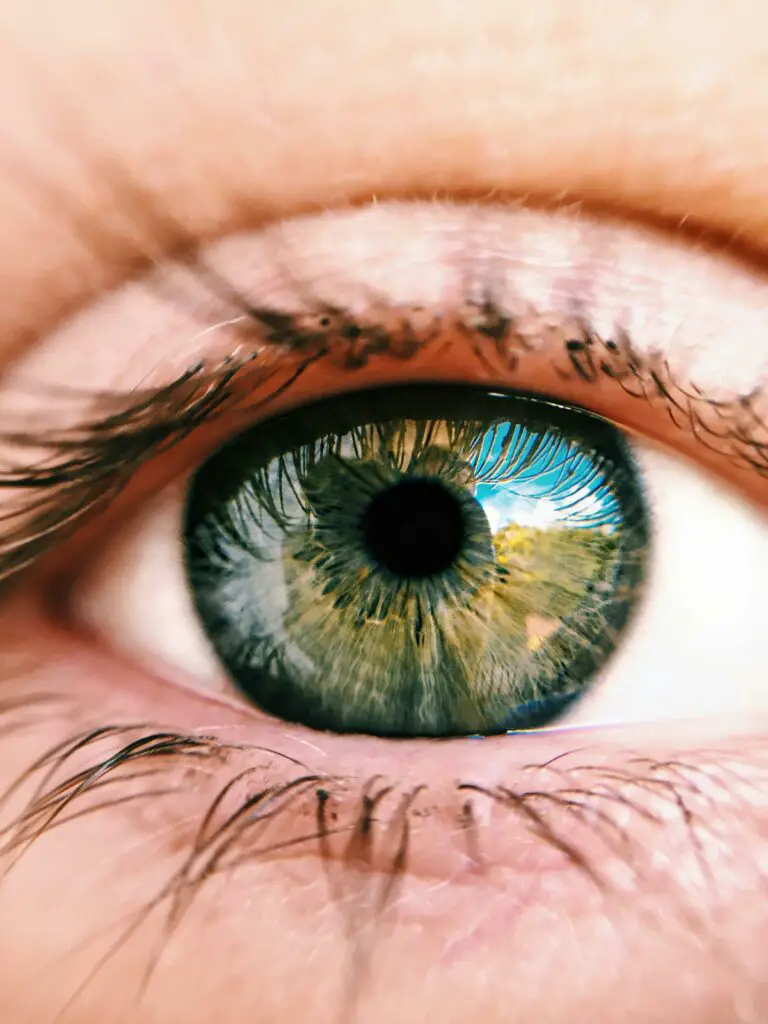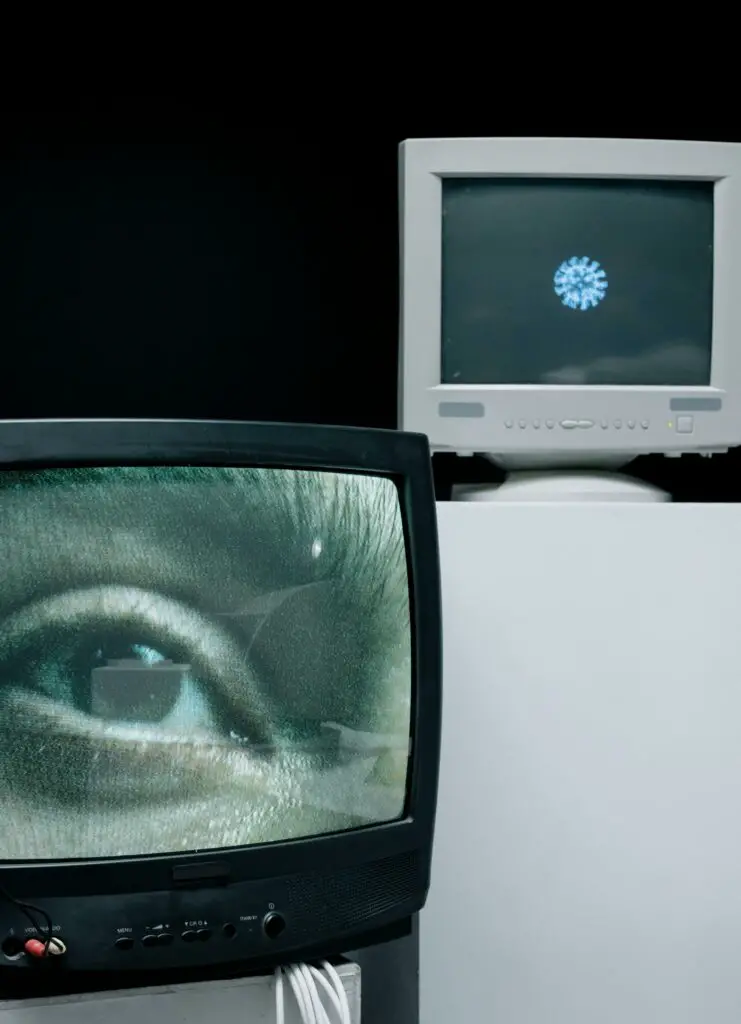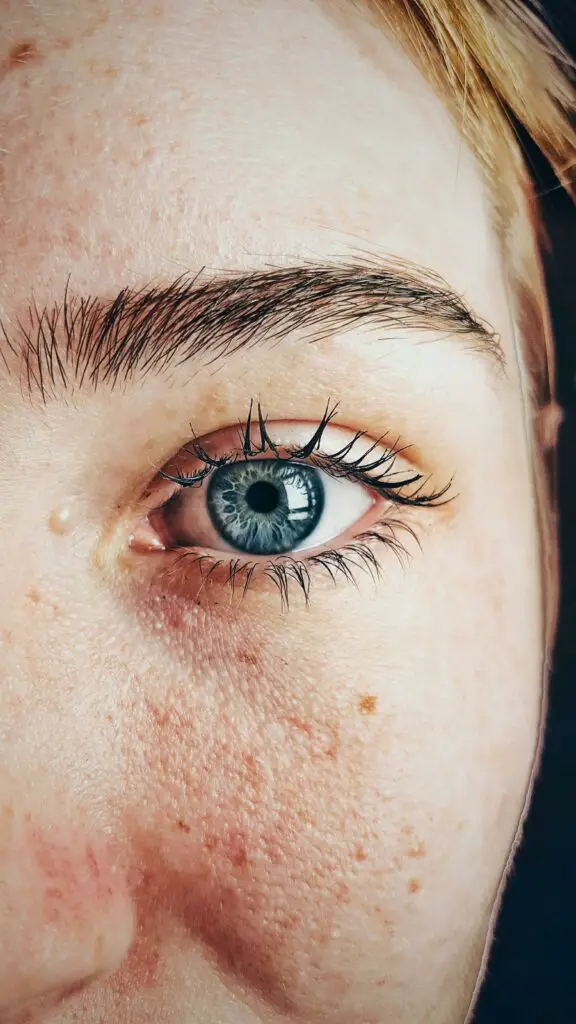Eye floaters are a common visual phenomenon that many people notice but often misunderstand. They can appear as tiny spots, threads, squiggly lines, or cobweb-like shapes drifting across your vision. Floaters become especially noticeable against bright backgrounds, such as a clear sky or a white wall, and they seem to move as your eyes move, often darting away when you try to focus on them. Some floaters stay in one place, while others drift around, and in some cases, people may also notice flashes of light, Healthline notes.
In fact, eye floaters are tiny bits of protein called collagen that float in the gel at the back of your eye, called the vitreous. As you get older, these fibers shrink and clump together, casting small shadows on your retina, or the floaters that you see.
The flashes of light that some people experience happen when the vitreous pulls on the retina.
If floaters or flashes appear suddenly or increase a lot, it’s important to see an eye doctor.
These phenomena are most common at people aged 50 to 75, nearsighted people, or those who has had cataract surgery. While they are harmless most of the time, it’s important to know when to check with a doctor.
In case the floaters and flashes are accompanied by vision loss it can be a sign of more serious conditions such as eye infections, inflammation (uveitis), retinal tears or detachment, vitreous haemorrhage, or migraines.
According to Vision Center, eye floaters and flashes can be diagnosed by a medical professional through a dilated eye exam. During this exam, the doctor will apply eye drops in order to widen your pupils in order to check for eye floaters. If a diagnosis is set, the doctor will further provide you with a suitable treatment.
Some of the treatments include vitrectomy, an invasive surgery that can remove eye floaters from your line of vision through a small incision, and through laser therapy that helps reduce the floaters by breaking them down, according to Healthline. The latter procedure isn’t always recommended since it’s still experimental.
Don’t forget that the best way to keep your eyes and vision healthy are regular check-ups and being aware of potential symptoms that may be a sign of an underlying condition.
Please SHARE this article with your family and friends on Facebook.
Bored Daddy
Love and Peace



